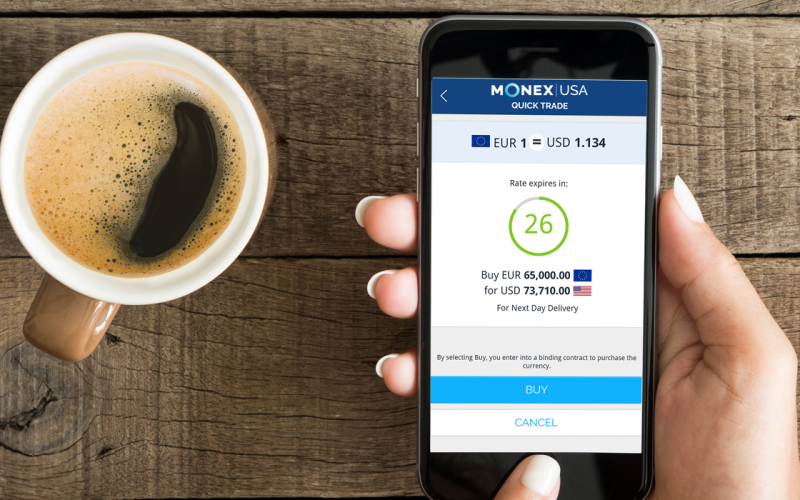Consider this article a high-level but brief cheat sheet on how the FX market works.
Nearly everyone can easily grasp the concept of foreign currency. We all know other countries exist and have their own system of money. But the foreign exchange (FX) market is another matter. For many people, how much one currency is worth at any given moment is downright mysterious. Why do prices ebb and flow? What are the market forces behind price volatility?
The Basics
Foreign exchange (FX) is straightforward. We’ve all exchanged money for a product before. In the FX market, the product being purchased is…a different kind of money. And any given FX transaction is part of the world’s largest and most dynamic market, which operates 24/7 five days each week.
But although the FX market has grown ever-more liquid thanks to the rise of high-frequency trading and a growing number of retail traders, it’s still bound by the fundamental laws of free markets: supply and demand.
When people’s interest in travel drops, as it did last year during the COVID-19 pandemic, demand for gasoline falls, causing gas prices to fall as supply grows. When travel demand picked back up, gas prices rose accordingly as supply tightened. The same price pressures apply to any given currency, broadly speaking. When a currency is in-demand, its price rises as supply of that currency diminishes. And vice-versa.
The obvious question is: What causes a currency price to rise and fall?
Key Economic Forces in Play
The forces at play influencing FX rates cover a lot of ground—everything from interest rates to inflation levels to geopolitical events to a particular country’s financial stability. Some forces make intuitive sense, while others are trickier. All of them can impact the demand for and supply of a currency on the open market on any given day.
- Interest rates: In theory at least, the value of a currency in a country with higher interest rates should rise relative to the value of currencies in low-interest countries. The idea is that capital naturally flows to high-interest areas where investors can see higher returns, driving up demand (and therefore prices) for currencies in those countries.
- Inflation: Inflation means prices are rising, which means a unit of currency will buy fewer goods and services. For this reason, higher inflation rates generally drive a currency’s value down.
- Geopolitical events : Whether it’s an earthquake, a war or a COVID-19 lockdown, specific disruptive events disrupt the FX market.
- Stability: Investors like predictability and dislike turmoil, whether political or financial. An unstable country will generally have a less valuable currency, relative to more stable governments and the currencies they back.
- Growth : High-growth economies tend to see their currencies appreciate at higher levels compared to low-growth economies. If a country’s goods and services are experiencing increased demand, in other words, that can translate into higher demand for its currency.
Of course, these various forces are in many ways interrelated. For example, inflation can decrease when borrowing becomes more difficult due to high interest rates. To add even more complexity to the FX market, price movements can be influenced by major market players. An infamous example: A few years back, a group of big banks were fined for rigging some FX rates.
But the big takeaway here is that although the FX market is truly global and influenced by many factors, it’s still fundamentally governed by the same laws of supply and demand that determine the prices of most things. Want to learn more about FX and how TEMPUS can help your business navigate volatility and protect partners? Contact one of our market experts today.
Ready to get started with Monex Online?
Discover HOW WE Can HELP You SEND or RECEIVE PAYMENTS




